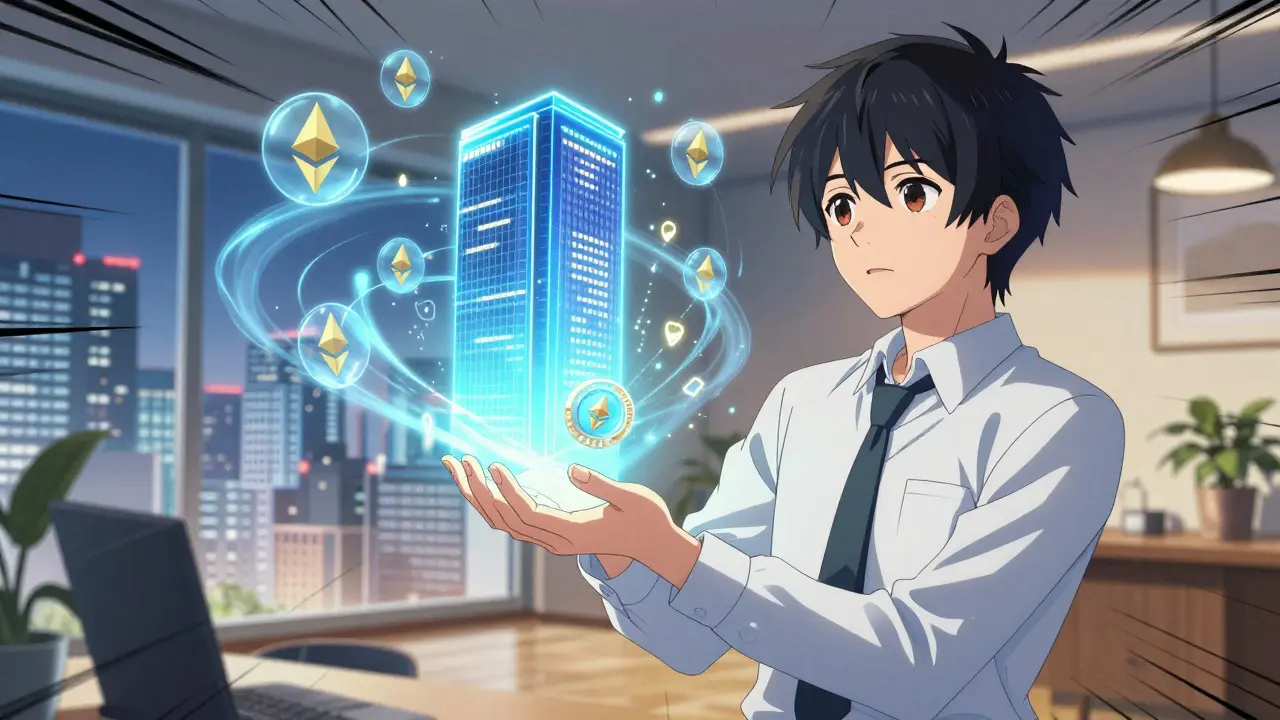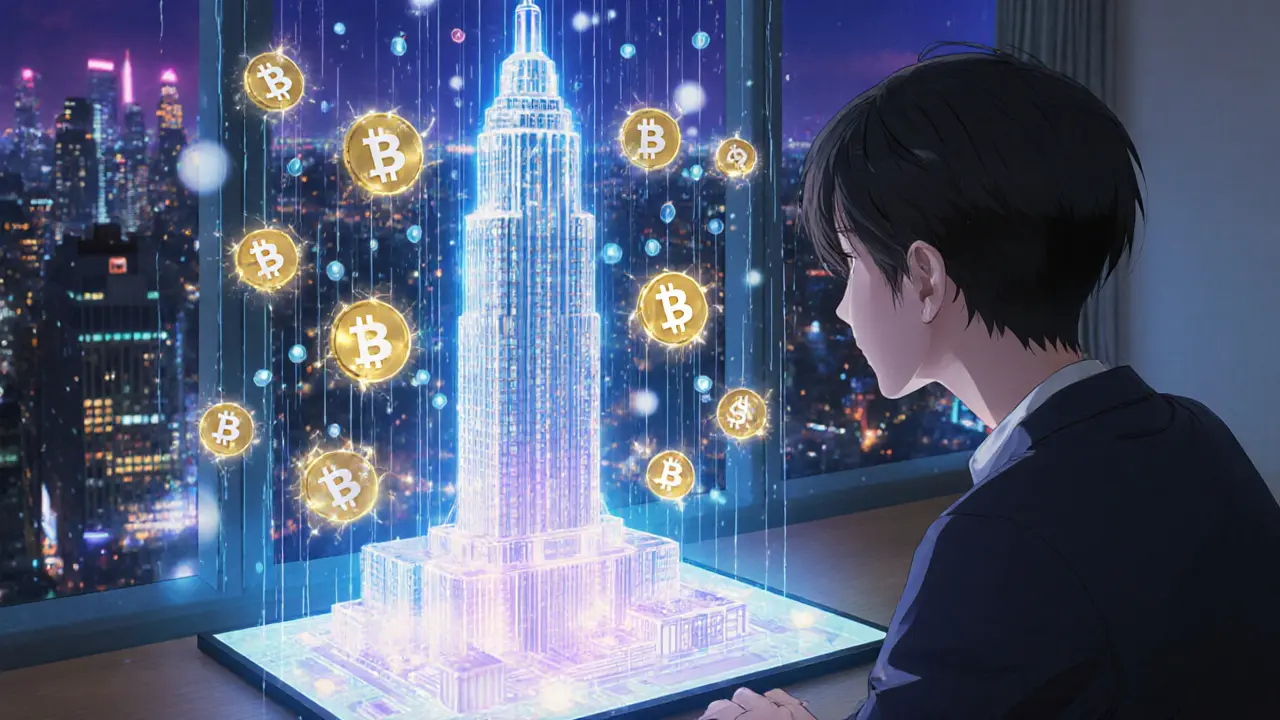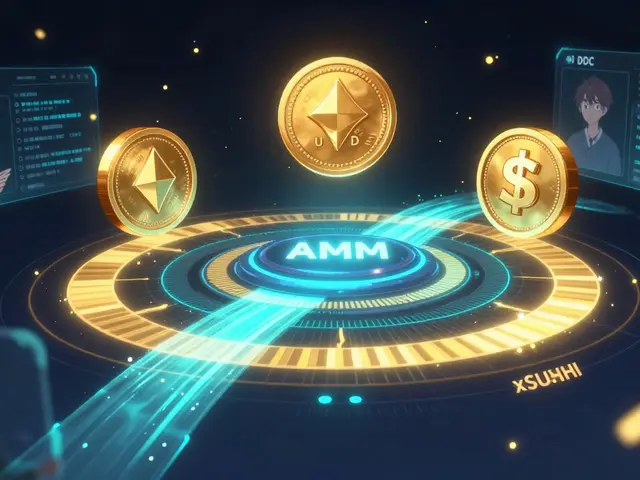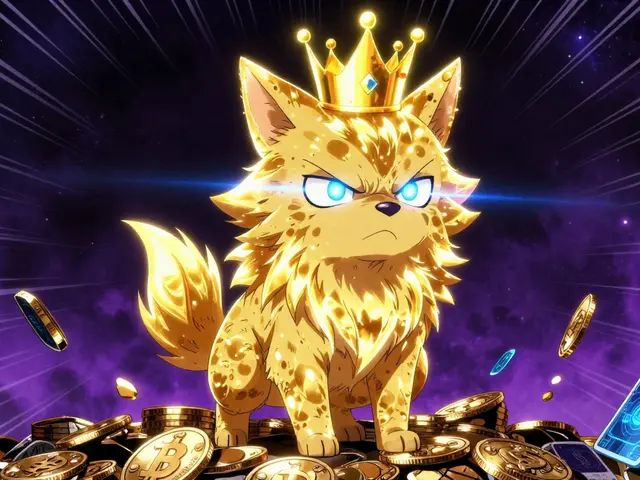Tokenized Real Estate: How Blockchain Is Changing Property Ownership
When you hear tokenized real estate, a digital representation of ownership in a physical property, issued on a blockchain. Also known as real estate tokens, it turns a building, land, or apartment complex into tradable units—like shares in a company, but for bricks and mortar. This isn’t science fiction. It’s happening right now, and it’s opening doors for people who could never afford to buy a whole house or commercial property.
Fractional ownership, the ability to own a small percentage of a high-value asset is the core idea behind tokenized real estate. Instead of needing $500,000 to buy a rental property, you can buy $500 worth of tokens tied to that same property. These tokens are recorded on a blockchain, making them transparent, verifiable, and transferable without middlemen. That means you can buy, sell, or trade your share faster than you can close a traditional real estate deal. And because the blockchain tracks every transaction, there’s less fraud, fewer disputes, and no paper trails to lose.
Related concepts like blockchain property, a digital ledger system that records ownership and transfer of real estate assets are changing how titles are managed. No more waiting weeks for a title search. No more errors from manual filing. Everything is stored securely and updated in real time. Platforms using this tech often integrate with smart contracts—self-executing agreements that handle rent collection, maintenance payments, or even profit splits automatically. That’s not just convenience. It’s efficiency at scale.
And it’s not just for rich investors anymore. People in countries with unstable currencies or limited access to traditional real estate markets are using tokenized assets to build wealth. A tenant in Manila can buy tokens tied to a warehouse in Texas. A teacher in Poland can earn passive income from a rental property in Portugal—all through a smartphone app. The barrier to entry is dropping fast.
Of course, there are risks. Not all tokenized real estate projects are legitimate. Some lack legal backing. Others don’t actually own the property they’re tokenizing. That’s why you need to know what to look for: clear documentation, regulated platforms, and real-world asset verification. The posts below break down real examples, warn you about scams, and show you how to spot the difference between a solid investment and a flashy gimmick.
What you’ll find here isn’t theory. It’s real cases, real platforms, and real lessons from people who’ve been there. Whether you’re curious about how to get started, worried about legal gray areas, or just trying to understand why this matters—this collection gives you the facts, not the fluff.
Real estate security tokens digitize property ownership using blockchain, allowing fractional investment in buildings with regulated financial rights. Learn how they work, who uses them, and why compliance matters more than tech.
Read MoreReal estate RWA tokenization turns physical properties into digital tokens on blockchain, enabling fractional ownership, 24/7 trading, and lower investment barriers. Learn how it works, its risks, and who's leading adoption in 2025.
Read More






